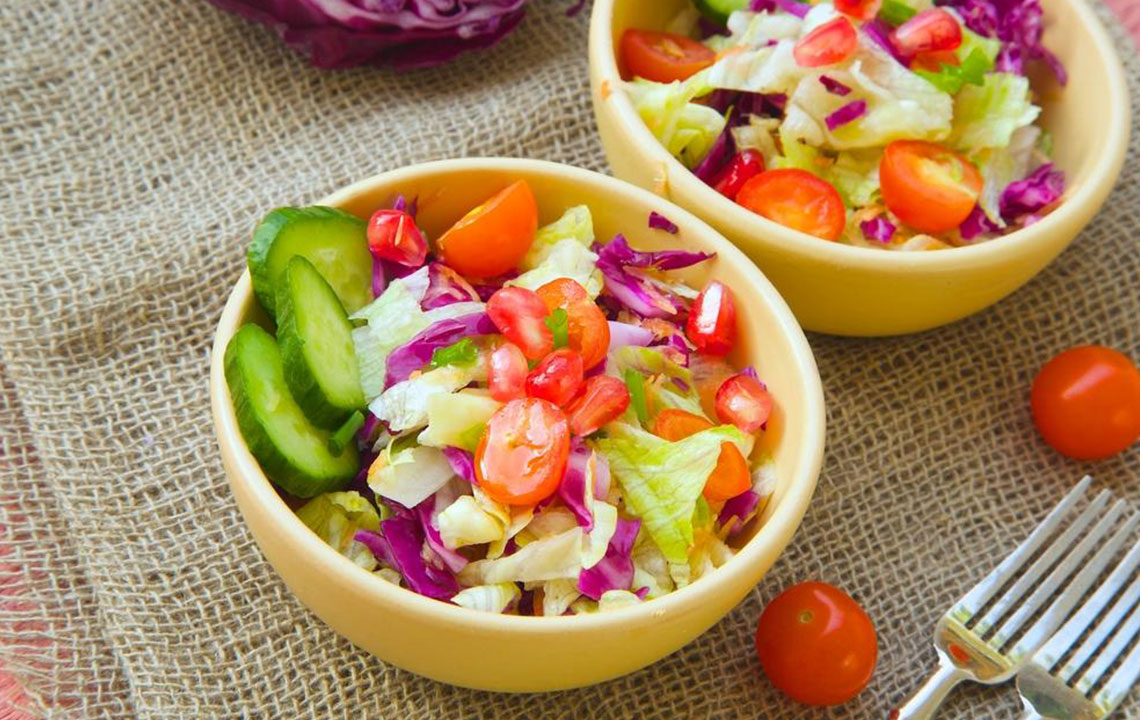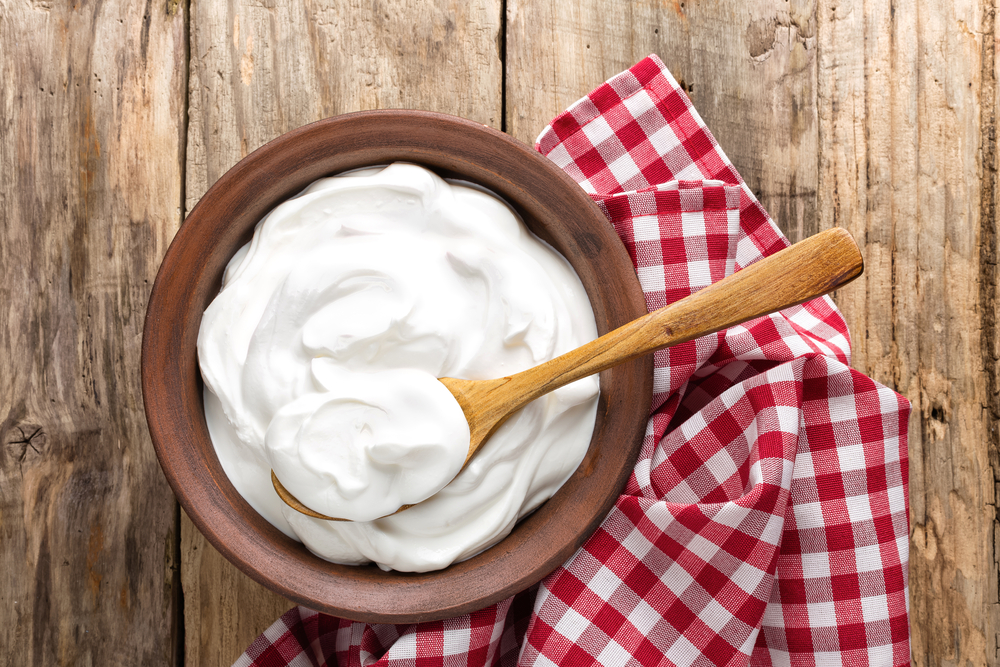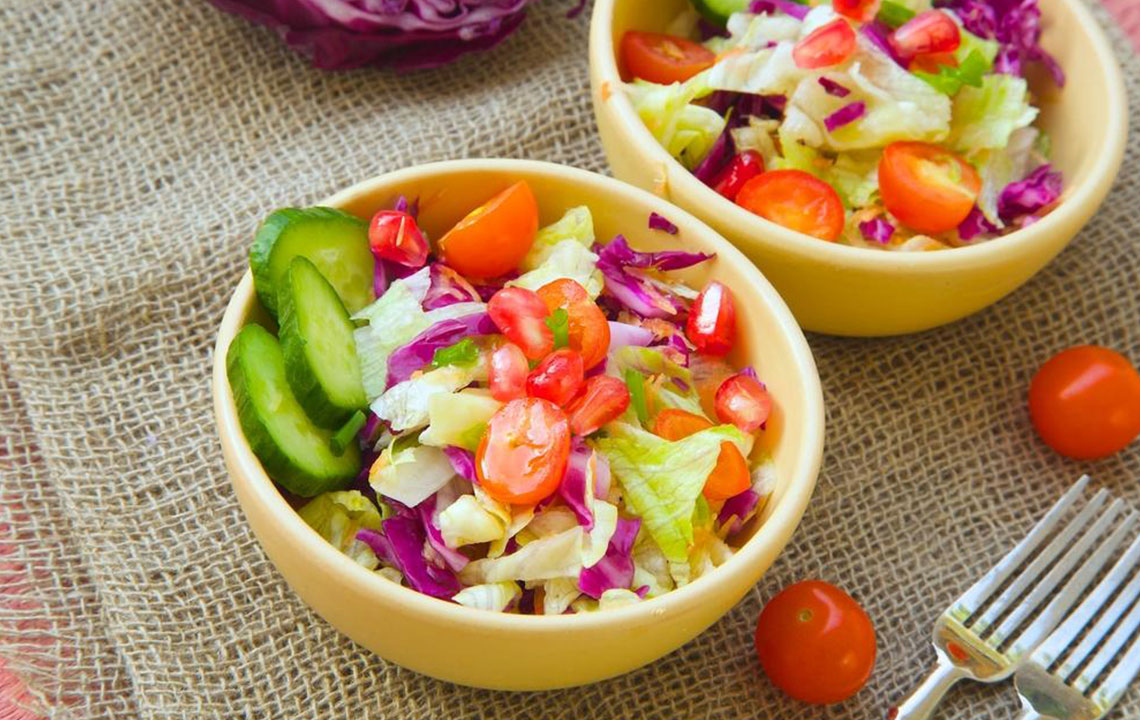Effective Dietary Tips for Managing Hiatal Hernia
Discover effective dietary strategies to manage hiatal hernia symptoms. This guide emphasizes foods to include and avoid, promoting better digestion and relief from heartburn. Learn how small dietary adjustments and healthy habits can improve quality of life without surgery.
Sponsored

Effective Dietary Strategies for Managing Hiatal Hernia
A hiatal hernia occurs when part of the stomach protrudes through an opening in the diaphragm, leading to symptoms such as acid reflux and heartburn. While surgery isn't always necessary, adopting a healthy lifestyle can significantly improve symptoms. This includes maintaining a healthy weight, eating small, frequent meals, and choosing your foods wisely.
Certain foods can alleviate discomfort, while others may worsen it. A tailored diet focusing on specific food choices can reduce symptoms effectively. Including nutrient-rich foods like lean meats, fruits, vegetables, and whole grains is essential for overall health and symptom relief.
Adopting the right dietary habits is key to managing hiatal hernia symptoms. Incorporate foods that support digestive health and avoid triggers that can intensify heartburn.
Foods to Embrace in Your Hiatal Hernia Diet
Prioritize lean protein sources such as chicken breasts, fish like cod, and prepare them through baking rather than frying. Limit spicy and greasy foods and add minimal spices to avoid irritation.
Fruits and Vegetables
Consume antioxidant-rich fruits like raspberries, cherries, and apricots. Avoid citrus fruits like oranges, lemons, and tomatoes that can trigger acidity. Focus on green leafy vegetables like spinach, kale, and broccoli, which provide vital nutrients and support digestion. Include carrots, red peppers, sweet potatoes, and beans to diversify your intake.
Dairy, Oils, and Whole Grains
Choose low-fat dairy options such as skim milk, yogurt, and cottage cheese. Opt for healthy oils like olive and safflower oils. Whole grains like brown rice, whole-wheat bread, and oats should replace refined carbohydrates to promote digestive health and prevent symptoms.
Beverages
Stay well-hydrated with plenty of water. Avoid caffeinated drinks like coffee, as well as alcohol and carbonated beverages, which can cause discomfort. Herbal teas are a soothing alternative to support digestion.
While hiatal hernia isn't usually life-threatening, consulting a healthcare provider is important if symptoms persist. Always discuss dietary changes and medication use with your doctor before making adjustments.
Foods to Steer Clear Of
Onions and garlic
Citrus fruits and tomato-based dishes
Spicy, fried, and greasy foods
Chocolate and baked goods with high-fat content
Caffeinated drinks, alcohol, and fizzy drinks
Whole milk and high-fat dairy products
Unhealthy eating habits, such as large portions, eating close to bedtime, and skipping meals, can trigger Heartburn. To manage symptoms, eat smaller, more frequent meals, avoid lying down immediately after eating, and stay upright during and after meals. Keeping a food and symptom diary for two weeks can help identify personal triggers and facilitate tailored dietary plans in collaboration with your doctor.






